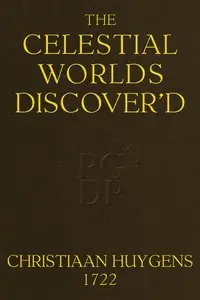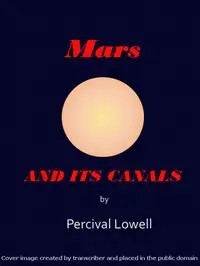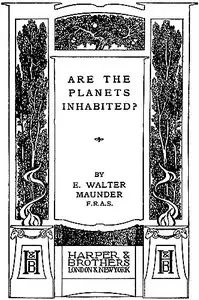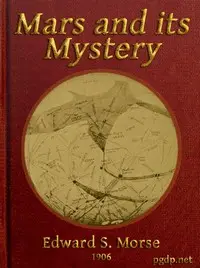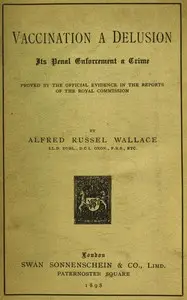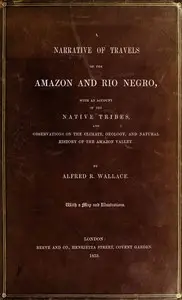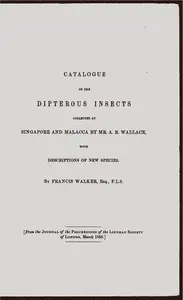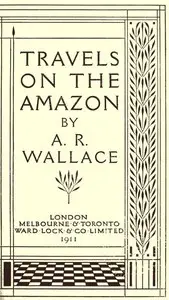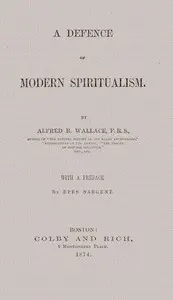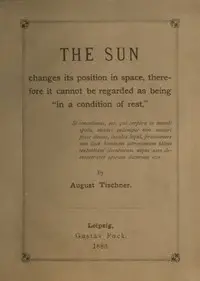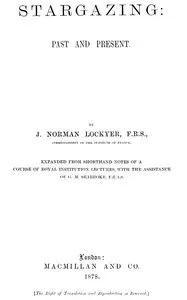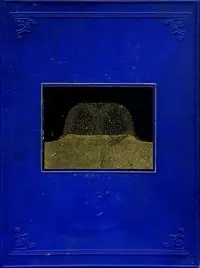"Is Mars Habitable?" by Alfred Russel Wallace is a thorough look at Professor Percival Lowell's ideas about whether life could exist on Mars. Wallace's book takes on Lowell's specific book, "Mars and Its Canals," which suggested intelligent beings built irrigation canals on the planet. Rather than agreeing, Wallace uses scientific proof to argue that Mars is actually a very difficult place for life to survive because of its rough weather and not enough water. The book starts by explaining why Wallace felt it was important to question Lowell's theories, especially after Lowell shared his ideas in a math-heavy publication. Wallace goes back to older observations of Mars to give readers some background. He talks about how astronomers in the past, like Schiaparelli, saw "canals" and how some people thought these might be signs of smart life. The first parts of Wallace's book set the stage for him to challenge Lowell's ideas about Mars' weather, land, and ability to support any kind of life, presenting a more realistic scientific view of Mars instead of a dreamy one.

Is Mars habitable? A critical examination of Professor Percival Lowell's book "Mars and its canals," with an alternative explanation
By Alfred Russel Wallace
Journey to the red planet where one scientist challenges the idea of Martian civilizations, revealing a harsh and uninhabitable world through the lens of scientific scrutiny.
Genres
Released
2004-01-01
Formats
epub3 (images)
epub
mobi
epub (images)
mobi (images)
txt
Free Download
Summary
About the AuthorAlfred Russel Wallace was an English naturalist, explorer, geographer, anthropologist, biologist and illustrator. He independently conceived the theory of evolution through natural selection; his 1858 paper on the subject was published that year alongside extracts from Charles Darwin's earlier writings on the topic. It spurred Darwin to set aside the "big species book" he was drafting and quickly write an abstract of it, which was published in 1859 as On the Origin of Species.
Alfred Russel Wallace was an English naturalist, explorer, geographer, anthropologist, biologist and illustrator. He independently conceived the theory of evolution through natural selection; his 1858 paper on the subject was published that year alongside extracts from Charles Darwin's earlier writings on the topic. It spurred Darwin to set aside the "big species book" he was drafting and quickly write an abstract of it, which was published in 1859 as On the Origin of Species.
Total Reviews
10.0k
Total reviews from Goodreads may change


